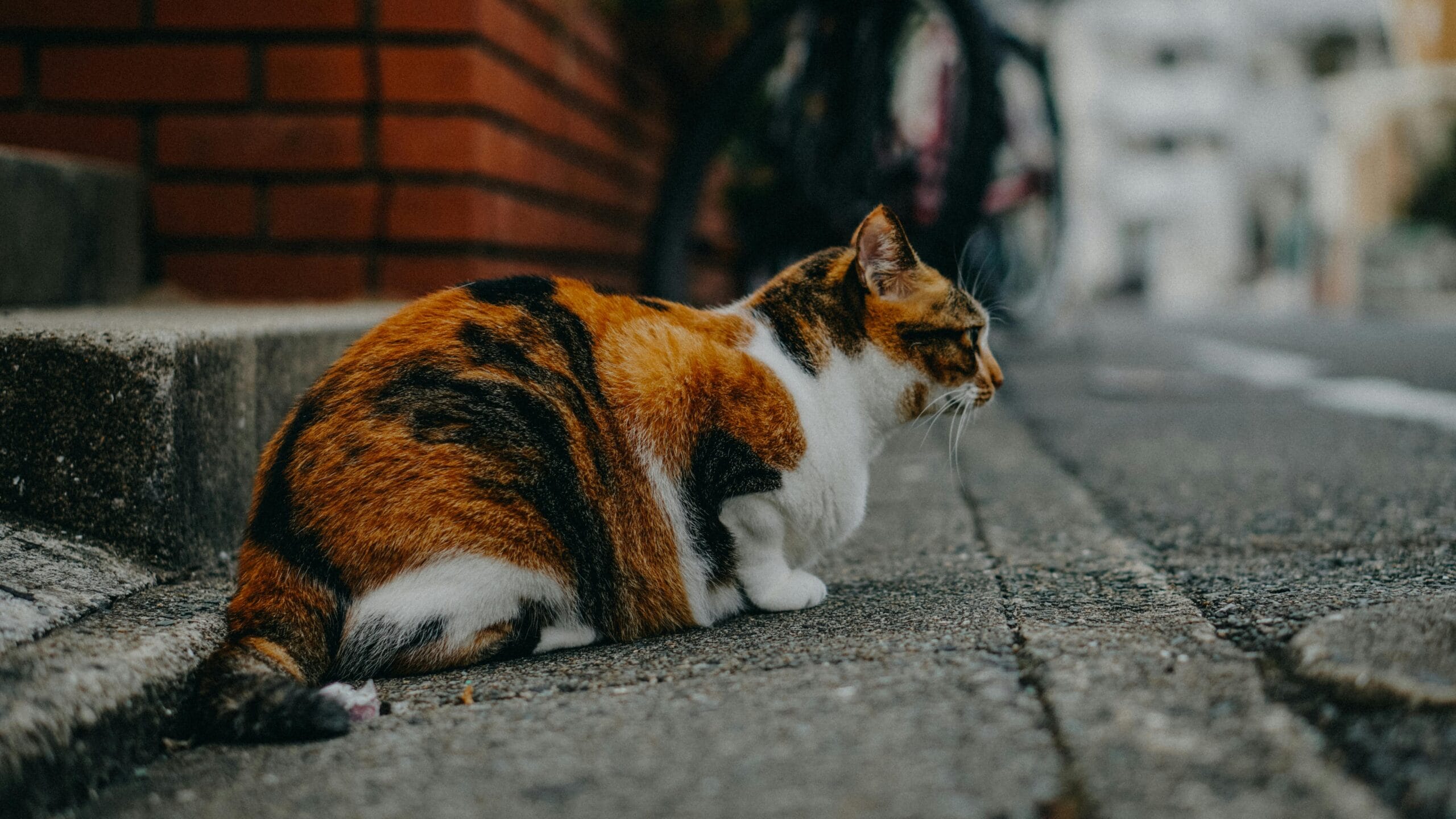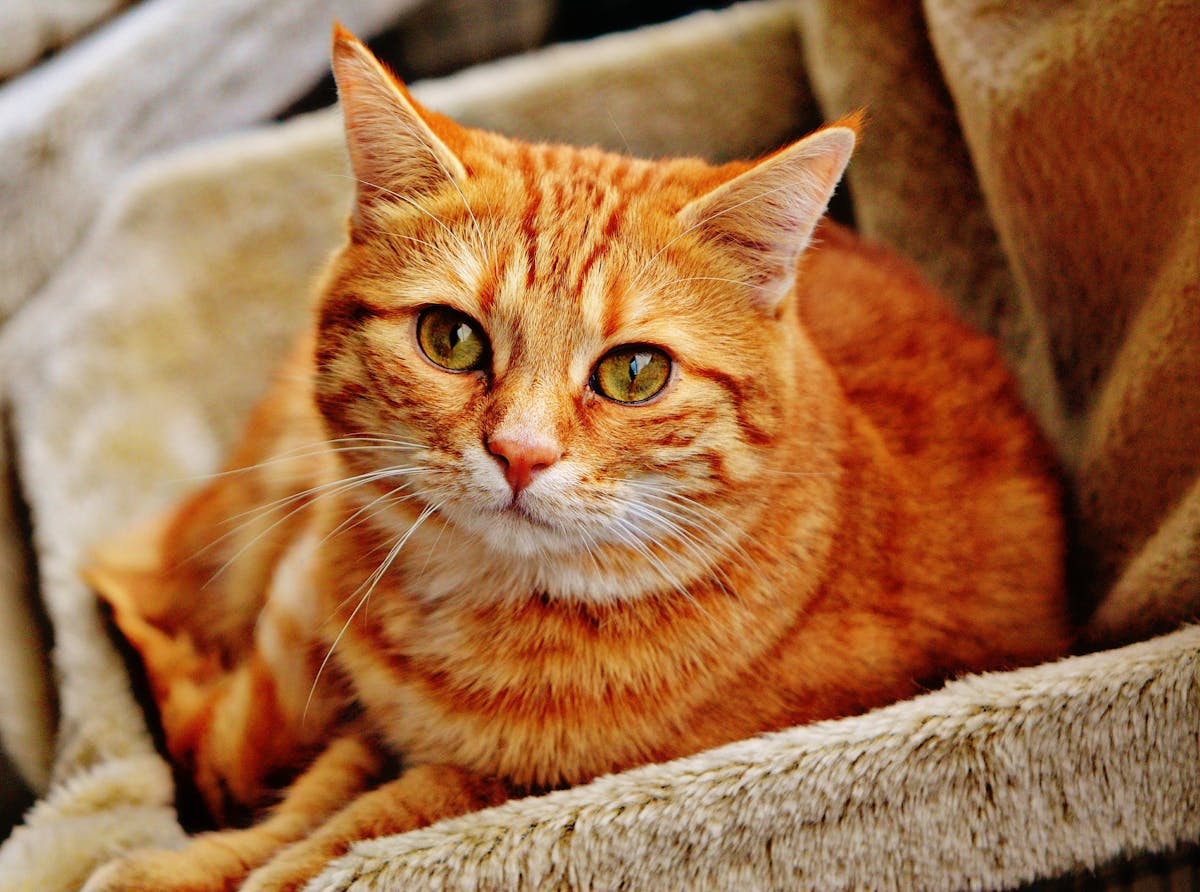Can Kittens Drink Goat Milk? Find safe Kitten Milk Alternatives & learn about using Goat Milk for Kittens. Discover expert advice to ensure your kitten’s healthy growth! Read now!
Can Kittens Drink Goat Milk? A Comprehensive Guide to Kitten Milk Alternatives
Finding the right nourishment for a kitten is crucial for its health and development. While mother’s milk is ideal, sometimes circumstances require exploring alternative milk sources. One frequently asked question is: Can kittens drink goat milk? The short answer is complex – it’s not ideal, but under specific circumstances, it might be a temporary solution. This comprehensive guide delves into the nuances of using goat milk for kittens, exploring safer alternatives and addressing potential risks.
Understanding a Kitten’s Nutritional Needs
Kittens have unique nutritional requirements, especially in their early weeks of life. Their rapidly developing bodies need a high concentration of essential nutrients, including fats, proteins, and specific vitamins and minerals not easily found in abundance in alternatives like goat milk. Kitten formula, specifically designed to mimic the composition of cat’s milk, provides this optimal balance. Departing from this ideal can lead to various health issues.
Can Kittens Drink Goat Milk? The Risks and Benefits
While goat milk is often touted as a healthy alternative for humans, it’s not a perfect substitute for kitten formula. Goat milk for kittens presents several potential problems:
- Lactose Intolerance: Kittens, like many mammals, can be lactose intolerant. Goat milk, while lower in lactose than cow’s milk, still contains lactose that can cause digestive upset, diarrhea, and other gastrointestinal issues. These problems can severely dehydrate a kitten, leading to serious health complications.
- Nutritional Deficiencies: Goat milk lacks the precise balance of nutrients crucial for a kitten’s growth. It’s deficient in vital components like taurine, an amino acid essential for heart and eye health in cats. A prolonged reliance on goat milk can lead to nutritional deficiencies and long-term health problems.
- Difficult Digestion: The fat content and protein structure in goat milk might be difficult for a kitten’s immature digestive system to process efficiently. This can result in digestive discomfort and hinder nutrient absorption.
There are minimal benefits to using goat milk for kittens. The only possible advantage is its availability in emergencies when kitten formula isn’t readily accessible. However, this should be a very temporary solution, and you should seek veterinary advice immediately.
Kitten Milk Alternatives: Safer Options
When a mother cat is unavailable or unable to nurse, kitten formula remains the safest and most effective option. You can easily find these formulas at pet stores or online. Never attempt to substitute with cow’s milk or other unapproved alternatives. If you’re unsure about feeding your kitten, consulting a veterinarian is crucial. They can provide guidance based on the kitten’s age and health condition.
If you are dealing with a very young kitten, you might also need to learn how to properly handle them. For example, you might need to learn can you touch newborn kittens to help them grow and thrive.
Beyond formula, ensure your kitten has access to fresh, clean water. Dehydration is a significant threat to kittens, so ensuring they drink enough water is paramount. Learning can kittens drink water and how much is an important part of kitten care.
When to Consider Goat Milk (as a Last Resort)
In rare emergency situations where kitten formula is unavailable, and a veterinarian approves, a small amount of goat milk may be offered as a temporary, supplemental source of hydration. However, this should only be considered as a last resort and should never replace kitten formula for prolonged periods. It’s crucial to contact a vet immediately to find a suitable, long-term solution.
Other Important Considerations for Kitten Care
Providing proper nutrition is only one aspect of raising a healthy kitten. Other crucial factors include:
- Hygiene: Maintaining a clean environment for your kitten is critical to prevent disease. Regular cleaning of its living space, food and water bowls, and litter box is essential. If you need to bathe your kitten, learning how to bathe a kitten is important.
- Socialization: Early socialization is vital for a well-adjusted adult cat. Gentle handling, positive interactions, and exposure to various sights and sounds help your kitten develop into a confident and friendly companion.
- Veterinary Care: Regular veterinary checkups are essential for monitoring your kitten’s health, administering vaccinations, and addressing any potential health concerns. Knowing when can kittens be fixed is also important for their overall well-being.
- Behavior Management: Addressing behavioral issues early on is important. For example, learning how to get a kitten to stop biting can prevent problems later.
Finding Reliable Information
When researching kitten care, it’s essential to rely on credible sources. The American Society for the Prevention of Cruelty to Animals (ASPCA) provides excellent resources on kitten care, including detailed information on nutrition and health.
The Cornell University College of Veterinary Medicine also offers valuable resources. You can find information on their website related to feline health and nutrition here.
Conclusion: Prioritize Kitten Formula
While the question, “Can kittens drink goat milk?” might seem simple, the answer is nuanced. While a tiny amount might be acceptable in a genuine emergency under veterinary supervision, it’s far from ideal and should never be a long-term solution. Kitten formula remains the best option for providing the necessary nutrients for healthy growth and development. Always prioritize your kitten’s health and consult a veterinarian for any concerns regarding its nutrition or well-being. Remember to consider the risks involved before choosing goat milk for kittens.
Share Your Experiences!
Have you ever had to consider alternative milk sources for your kitten? Share your experiences and tips in the comments below. Let’s create a supportive community for kitten owners to exchange information and learn from each other’s experiences regarding kitten nutrition and kitten milk alternatives. Your insights on Can kittens drink goat milk can help other cat owners!

Frequently Asked Questions: Can Kittens Drink Goat Milk?
- Can kittens drink goat milk?
- While goat milk is often touted as a healthy alternative, it’s not ideal for kittens. Kitten’s digestive systems are delicate and goat milk lacks the essential nutrients found in kitten formula. It can also cause diarrhea. Always opt for kitten formula as the best Kitten Milk Alternatives.
- Is goat milk better than cow’s milk for kittens?
- No. Neither cow’s milk nor goat milk are suitable replacements for kitten formula. Both contain lactose that kittens can struggle to digest and lack the necessary nutrients for healthy growth. Goat milk for kittens should be avoided.
- What are the risks of giving a kitten goat milk?
- Risks include diarrhea, vomiting, dehydration, and nutritional deficiencies. These can severely impact a kitten’s health and development. Stick to kitten formula for optimal health.
- My kitten won’t drink kitten formula, can I give it goat milk?
- No. While frustrating, resorting to goat milk is not the solution. Try warming the kitten formula slightly (to body temperature) to make it more appealing. Consult a vet for advice if your kitten continues to refuse formula; there may be an underlying issue.
- Can I give goat milk to a newborn kitten?
- Absolutely not. Newborn kittens are especially vulnerable and require the precise nutrient balance found in kitten formula. Goat milk for kittens, or any other alternative, could be fatal.
- Is goat milk a good source of calcium for kittens?
- While goat milk contains calcium, it doesn’t provide the right balance of nutrients that kittens need. Kitten formula is specifically formulated to provide the necessary calcium and other essential vitamins and minerals for healthy bone development.
- What are some good Kitten Milk Alternatives to goat milk?
- The best alternative to goat milk is commercially available kitten formula. These formulas are specifically designed to meet a kitten’s nutritional needs. Never substitute with other milks.
- My kitten has diarrhea; could it be from goat milk?
- Yes, diarrhea is a common symptom of lactose intolerance in kittens, frequently caused by giving them cow’s or goat milk. Contact your veterinarian immediately if your kitten has diarrhea.
- Can I add goat milk to kitten formula?
- No, do not dilute or supplement kitten formula with goat milk or any other milk. This can upset the nutritional balance and cause digestive problems.
- Where can I find kitten formula?
- Kitten formula is readily available at pet stores, veterinary clinics, and online retailers. Always choose a reputable brand specifically designed for kittens.

Can Kittens Drink Goat Milk? A Guide for New Owners
While seemingly a natural alternative to cow’s milk, goat milk isn’t ideal for kittens. Kittens have specific nutritional needs, and goat milk, while offering some nutrients, lacks the crucial balance of fats, proteins, and other essential components found in kitten formula. Giving your kitten goat milk could lead to digestive upset, diarrhea, and even more serious health problems. It’s always best to consult a veterinarian before making dietary changes, especially for such young and vulnerable animals. If you’re unsure about hydration, remember that kittens need access to fresh, clean water at all times.
For orphaned or otherwise unable-to-nurse kittens, a specifically formulated kitten milk replacer is essential. These formulas are designed to mimic the composition of cat’s milk, providing the necessary nutrients for healthy growth and development. Improper nutrition can significantly impact a kitten’s health, potentially leading to stunted growth or weakened immune systems. If you’re struggling with a kitten’s behavior, such as excessive biting, you can find guidance on how to get a kitten to stop biting.
Choosing the right formula is crucial, and your vet can offer recommendations based on your kitten’s age and health. They can also advise on appropriate feeding schedules and techniques. Remember, handling newborn kittens requires care and understanding. Learning when and how to safely handle newborn kittens is critical to their well-being. Furthermore, kitten health extends beyond nutrition. Knowing when to spay or neuter your kitten is important for their long-term health. Check out our guide on when kittens can be fixed to learn more.
Beyond nutrition, proper hygiene is paramount for a kitten’s health. Learning how to bathe your kitten correctly is essential. Our guide on how to bathe a kitten provides step-by-step instructions to ensure a safe and stress-free experience for you and your pet. Always prioritize your kitten’s health and consult your veterinarian for any concerns or questions. They are the best resource for ensuring your feline friend thrives.
Can Kittens Drink Goat Milk, Kitten Milk Alternatives, Goat Milk for Kittens